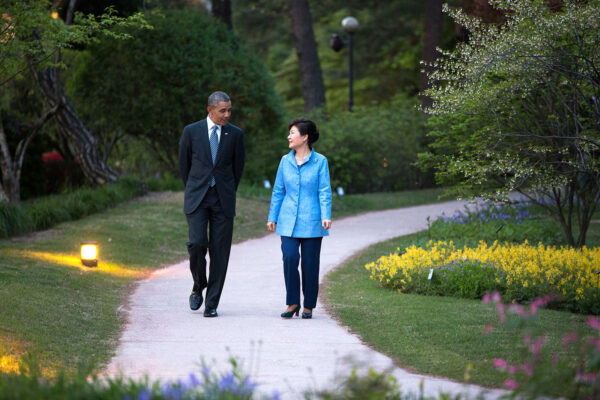
One of the first victims of Donald Trump’s election victory in the United States could be the Trans Pacific Partnership (TPP), a comprehensive trade agreement that the outgoing president, Barack Obama, had hoped to enact in the waning days of his administration.
Many Republicans in the Senate, and quite a few Democrats, support free trade in principle and understand the strategic value of the pact.
But they may balk at ratifying the treaty now that Trump, who campaigned explicitly on an anti-trade platform, is two months away from the presidency.
What is at stake
TPP is the economic component of Obama’s “pivot” to Asia, which is meant to prevent China from imposing its will on the region.
It has already inspired meaningful economic reforms, for example in Japan, where powerful agricultural conglomerates long blocked liberalization, and in Vietnam, where independent labor unions have recently been legalized.
Such progress, as well as America’s leadership in the Pacific, is at stake.
So are the economic benefits of freer trade. Supporters of TPP calculate that it would boost global economic output by $220 billion over the next ten years.
Trade debate
Polls show that Americans are more supportive of free trade than the election campaign suggested.
Not only Trump but Hillary Clinton’s rival in the Democratic primaries, Bernie Sanders, rallied against trade agreements. Both insisted they had done a disservice to the American worker.
Clinton, despite playing a role in negotiating TPP as Obama’s first-term secretary of state, eventually turned against the treaty as well.
Economists recognize that trade liberalization has contributed to a decline in manufacturing jobs in the United States. But the economic impact in aggregate has still been overwhelmingly positive.
Irony
Should America allow TPP to wither, there is a sad irony to this.
The pact deliberately excluded China in hopes that it would be forced to comply with TPP’s standards if all its major commercial partners signed up for it.
Stephen King, a senior economic advisor at HSBC, points out in the Financial Times that China has a ready-made alternative: the Regional Comprehensive Economic Partnership (RCEP).
Consistent with its Belt and Road strategy, it could just be that a newly isolationist America will create precisely the vacuum that China could happily fill.
RCEP would include countries in Southeast Asia as well as Australia, India, Japan and South Korea. It would lower and in some cases eliminate tariffs and harmonize intellectual property rights, just as TPP proposes to do.
The difference, of course, being that RCEP won’t involve the United States.
